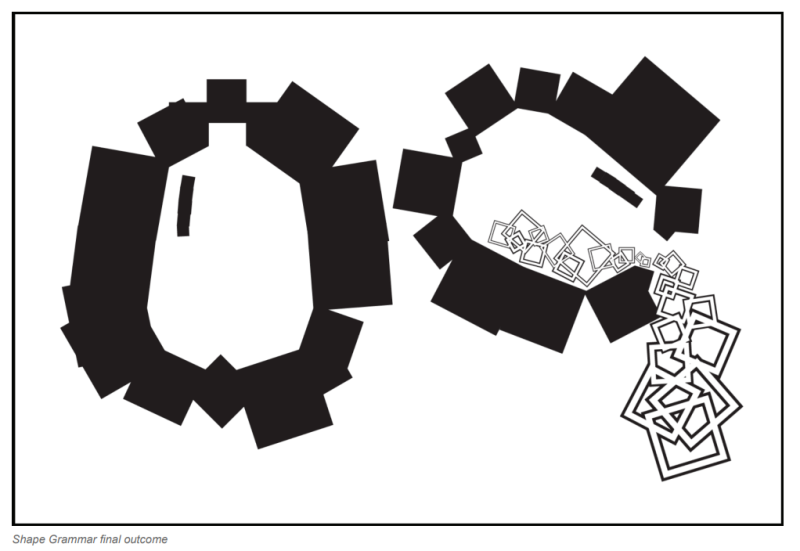DESIGN 2110: Design Fundamentals I
Concur: 2310.
Prerequisite: Selection to Design Foundations.
Concur: DESIGN 2310.
Overview
Objectives
- Define, identify, and use formal design fundamentals (elements and principles) to plan, develop, execute and describe their work
- Apply color theory in 2D and 3D applications
- Understand the relationship and translation between 2D shapes and 3D form
- Demonstrate abstract thinking
- Understand and use the design process (empathize, define, ideate, prototype, test) to define a problem and develop solutions
- Describe and develop ideas through iteration
- Work within and develop constraints for design solutions
- Conduct secondary research and analyze precedence
- Form concepts by moving through iterations to ideation
- Organize and establish a project schedule as part of time management
- Work successfully in a collaborative, team-based environment
- Explore analog and digital tools and choose which tools are most effective for a given task, solution, or goal
- Understand and create with intentional craft
- Confidently communicate and present assignment process and solutions
- Understand the role of typography, hierarchy, and layout in effective communication
- Understand the critique process and how to provide constructive feedback to peers and to self
Course Materials
Students use a variety of materials and technologies in this course. Foundation studies require the purchase of a Design Kit. Kit contents are updated each year, and the new list will be available to you before the start of classes in August. You may purchase the kit on campus during the first week of classes. The current kit cost is approximately $100.
We also recommend a personal computer. We use a variety of Adobe Suite applications including InDesign, Illustrator, Photoshop, and more.
Course Organization
This is a 3 credit hour studio course that meets twice a week for 2hr40min each day.
Design Fundamentals meets in-person (but may also consist of some online activities). In-person activities include discussions, demonstrations, presentations, exercises, project development, and critiques. Asynchronous material and activities include assignments and exercise development.
Sample Coursework
- Weekly announcements and course calendar
- Three main modules throughout the course
- Group critique discussions
- Assignments, reading, and viewing media
- Attendance taken at beginning of class



